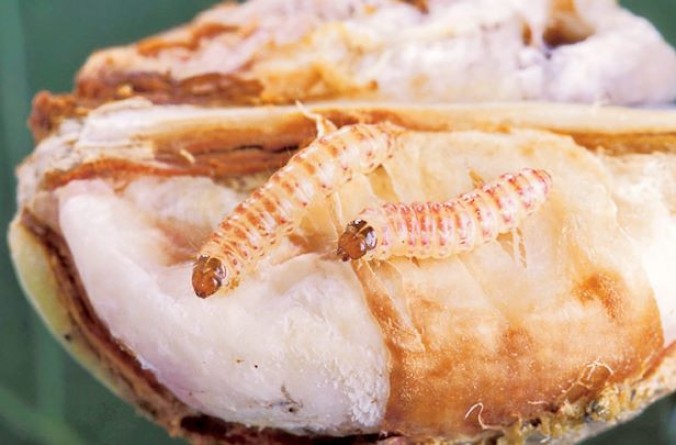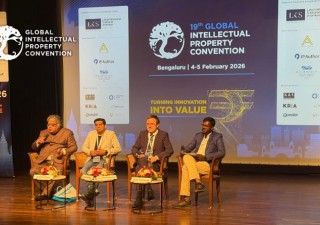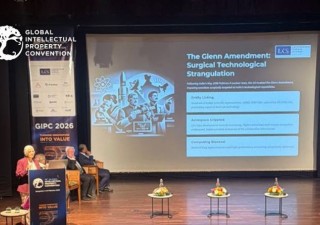Monsanto Patent Restored by India's Supreme Court
01 April 2019

Pink bollworms emerge from a damaged cotton boll, above. Monsanto's patented Bt gene technology has been restored by India's Supreme Court, which ruled that the Division Bench had erred in passing a summary judgment and invalidated the patent without exmaining expert evidence. Image courtesy USDA Agricultural Research Service Image Gallery/Peggy Greb.
In a much-awaited order of India’s Supreme Court on an appeal filed by Monsanto against the verdict of the Division Bench of the Delhi High Court in Monsanto Technology LLC and Ors. v. Nuziveedu Seeds Ltd. and Ors, the Supreme Court on January 8, 2019, held that the Division Bench had erred in passing a summary judgment on complex technical issues and invalidating Monsanto’s patent without examining expert evidence. The order of the Division Bench has been set aside and the matter has been remanded to the Single Judge for deciding the issue of infringement as per law.
On April 11, 2018, the Division Bench had held that Monsanto – the world’s largest seed company – cannot own a patent over its Bt gene technology for bollworm resistance in India. In the verdict, which was the outcome of cross appeals filed by Monsanto and Nuziveedu against the order of a single judge, the court had shockingly concluded that Monsanto’s patent over its Bt technology for bollworm resistance was invalid for it fell within the exclusion spelled out by Section 3(j) of the Patents Act.
Overruling the order passed by the Division Bench, the Supreme Court concluded that the said order went out and beyond the order of the Single Judge, which was restricted to a summary judgment on the issue of injunctive relief, and is legally flawed in deciding the patentability of a technically complex issue without examining technical and expert evidence.
The court has clarified that the Single Judge in its order of injunction dated March 28, 2017, did not consider Nuziveedu’s counterclaim (seeking revocation of patent for being in violation of Section 3(j)), and had simultaneously only issued a notice on the counterclaim. Thus, while dismissing Monsanto’s appeal on the issue of license fee/trait value, the Division Bench erred in upholding Nuziveedu’s contention with respect to patent exclusion under Section 3(j), which in effect has decided the counter claim and revoked the patent based on a summary adjudication that is not only erroneous in usurping the jurisdiction of the Single Judge, but is also flawed in deciding a technically complex matter without examining expert evidence.
Pressing on the fact that the questions on unpatentability and on infringement of Monsanto’s claim ought to be decided based on “valid construction of the patent claims in suit” and the counterclaim in accordance with law along with expert evidence and not in a summary manner, as done, the court has remanded the matter for trial before the Single Judge to decide the issue of infringement. Meanwhile, Monsanto’s patent stands restored.
Shukadev Khuraijam, partner, Remfry & Sagar, Gurgaon






